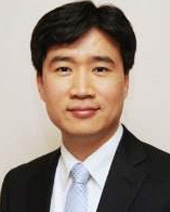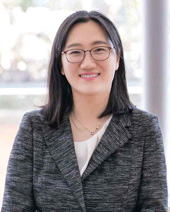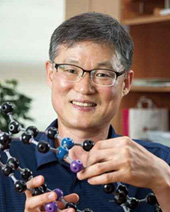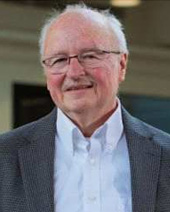
- ENG
Research Consortia
KAIST-MAssachusetts Institute of Technology
Research Project
- KAIST-MIT Future Energy Research Center
Consortium Members
| Type | Domestic Institution | International Institution |
| Lead | Korea Advanced Institute of Science and Technology | Massachusetts Institute of Technology |
| Partner | Seoul National University | |
| Commissioned | Ulsan National Institute of Science and Technology |
Research Summary
Purpose
- Develop an automated AI-robotics-based system for green energy production, storage, and conversion.
- Establish a global platform for the training of next-generation experts in sustainable energy innovation.
Research Content
- Utilize AI and robotics to automate material discovery and electrolyte interface research.
- Develop high-performance electrochemical materials and reactor systems for producing high-value carbon compounds through electrochemical conversion of low-concentration CO₂.
- Develop highly durable electrocatalysts through complex oxide surface control technology and scalable electrocatalyst production methods.
Consortium Features
Domestic Institutions
- Korea has a strong industrial base, with multiple global battery manufacturers enabling rapid market-responsive research and development.
- Extensive experience in spectroscopy and foundational research provides a solid base for advanced electrochemical studies.
International Institution (MIT)
- Possesses automated experimentation systems and efficient research protocols based on AI and robotics technologies.
- Demonstrates a high level of expertise in optimizing reactivity in electrode environments.
Outcomes, Applications & Expected Impact
Utilization of Research Outcomes
- Contribute to the development of energy storage systems, ranging from portable electronic devices to large-scale renewable power plants, offering high energy density and long-term stability.
- Enhance the commercial viability of water electrolysis systems by providing catalysts that remain stable under high acidity, high voltage, and fluctuating load conditions.
Industrialization and Carbon Neutrality Contributions
- Accelerate commercialization of key technologies in areas such as energy storage, hydrogen production, and environmentally friendly systems.
- Contribute to achieving South Korea’s 2030 greenhouse gas reduction targets and national carbon neutrality goals by increasing energy storage efficiency through renewable energy sources.
Researchers (PI)
-
 Il-Doo KIm Chair ProfessorKorea Advanced Institute of Science and Technology (KAIST)Main research areas
Il-Doo KIm Chair ProfessorKorea Advanced Institute of Science and Technology (KAIST)Main research areas- High-stability lithium metal protection film
- Roll-to-roll large area electrospinning technology
- Synthesis of nanocatalyst based on rapid heat treatment
- Oxide-based gas sensor
- Sulfide-based solid electrolyte
-
 Yun Jeong Hwang Associate ProfessorSeoul National University, SNUMain research areas
Yun Jeong Hwang Associate ProfessorSeoul National University, SNUMain research areas- Electrochemical CO2 Reduction Reaction
- Electrochemical Nitrogen(Nitrate) Reduction Reaction
- Electrochemical Biomass Conversion
- Water Electrolysis
- In situ/operando Spectroscopic Analysis
-
 Jong-Beom Baek Distinguished ProfessorUlsan National Institute of Science and Technology (UNIST)Main research areas
Jong-Beom Baek Distinguished ProfessorUlsan National Institute of Science and Technology (UNIST)Main research areas- Synthesis of porous covalent organic frameworks (COFs)
- Mechanochemical mass production of high-quality graphene
- Synthesis of electrocatalysts for hydrogen production via water splitting
- Mechanochemical greenhouse gas treatment technology
- Control technology for 2D π-conjugated materials
-
 Harry. L. Tuller R. P. Simmons ProfessorMassachusetts Institute of Technology (MIT)Main research areas
Harry. L. Tuller R. P. Simmons ProfessorMassachusetts Institute of Technology (MIT)Main research areas- Development of electronic ceramics materials
- Solid oxide fuel cells (SOFCs)
- Mixed ionic-Electronic conductors
- Photoexcitation-assisted oxide ion conduction technology
